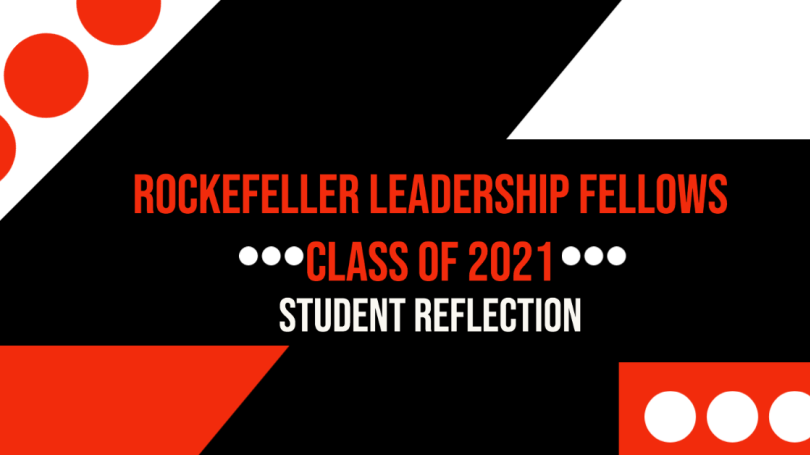
- Public Policy
- Leadership
- Funding
- News & Events
- About the Center
Back to Top Nav
Back to Top Nav
Back to Top Nav
Back to Top Nav
Neelufar Raja gave a presentation about cross-field learning on January 7th, 2021. Neelufar sees collaboration, creativity, and synthesis as key elements of gaining knowledge across fields. Neelufar identified leaders and polymaths in history as people who exemplify the value of gaining knowledge in a variety of sectors. These polymaths, including well-known figures such as Marie Curie and Charles Darwin, have contributed significantly in multiple fields of study. Neelufar believes that the example of Atul Gawande, a medical physician who was charged with identifying ways to make surgery safer, can be used as a case study for the value of cross-field learning. Gawande drew upon other high risk industries outside medicine and concluded that checklists–a low-tech method that is a mainstay of the aviation industry–were key to ensuring safety. Neelufar emphasized that expertise and knowledge gained in one area can be valuable in another area and added that taking classes at Dartmouth in a variety of areas is a way to put her suggestions into practice.
Reflecting on Neelufar’s presentation, I questioned what classes at Dartmouth influenced my perspective in another field of study. I think every class at Dartmouth probably meets this burden–but some stand out more than others. When I was a sophomore, I took an introductory computer science class, COSC 1. I had never studied computer science and had a reductive view of what coding meant–I assumed it was tedious, repetitive, and based on memorization. My professor showed me that computer science was so much more– it was about efficiency, beauty, logic, and creativity. I loved the class so much that I used Dartmouth’s “take your professor to lunch” voucher for the first time and talked at length about how computer science is valuable even for non-majors. Beyond coding skills, what I gained in the class and what I’ve applied to other classes is knowledge of how to think through problem-solving, how to recognize when a solution may be correct but inefficient, and why there’s beauty in simplicity and organization. Neelufar’s presentation also reminded me of the importance of taking classes outside my major. While Dartmouth’s distributive requirements ensure some degree of variety in students’ course loads, it is ultimately up to us to take classes that stretch our boundaries, that make us feel unfamiliar, and that teach us valuable knowledge that we can apply to our main field of study.
-Written by David Niedzwicki, Class of 2021 Rockefeller Leadership Fellow
As Rockefeller Leadership Fellows, seniors gain a better understanding of the qualities and responsibilities expected of leaders. As Fellows take part in the workshops, discussions, and team-building exercises, they examine their skills, qualities, and attributes as leaders and analyze how these influence teamwork and achieving goals.